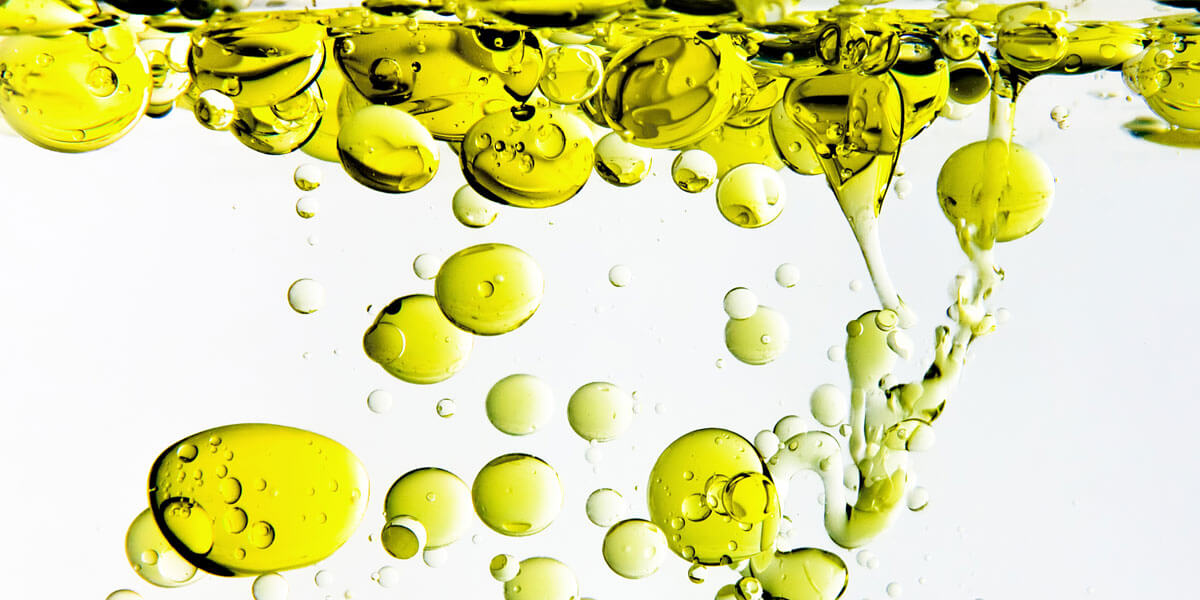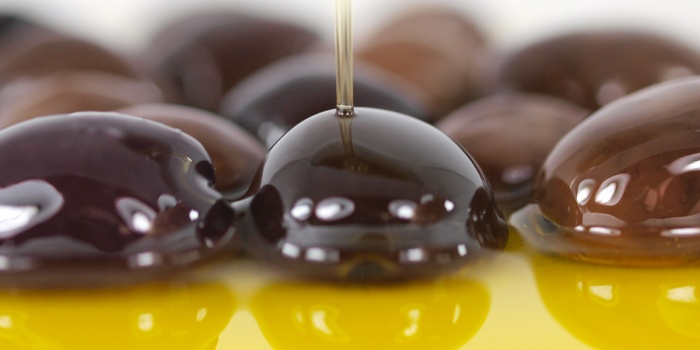
For years, the view that seed oils are lighter than olive oil prevailed and are therefore more suitable for frying. The most suitable oil for frying is now unanimously considered “extra virgin olive oil”. The various dietary oils have a range of physical, chemical and nutritional properties, but their quality can be degraded when heated to high temperature or when the same oil is used many times. Some chemical changes may lead to the formation of compounds that are potentially toxic.
Research suggests that its rich content of monounsaturated fats, free fatty acids and vitamin E makes extra virgin olive oil particularly resistant to high temperatures, up to five times more resistant than seed oils. Its natural antioxidants help in the absorption of vitamins, while protecting the body from free radicals and cholesterol. The more polyunsaturated fat an oil contains, the lower its boiling point and hence the more unstable it is. Olive oil is dominated by monounsaturated fat, as opposed to the other oils where polyunsaturated are predominant.
And for those who like easy conclusions, let’s make it clear that cooked, roasted and greasy foods are surely healthier than fried foods. However, if one is to get into gastronomic sins, let’s at least choose the least unhealthy way!!

 Olive Oil
Olive Oil Cosmetics
Cosmetics Soaps
Soaps


